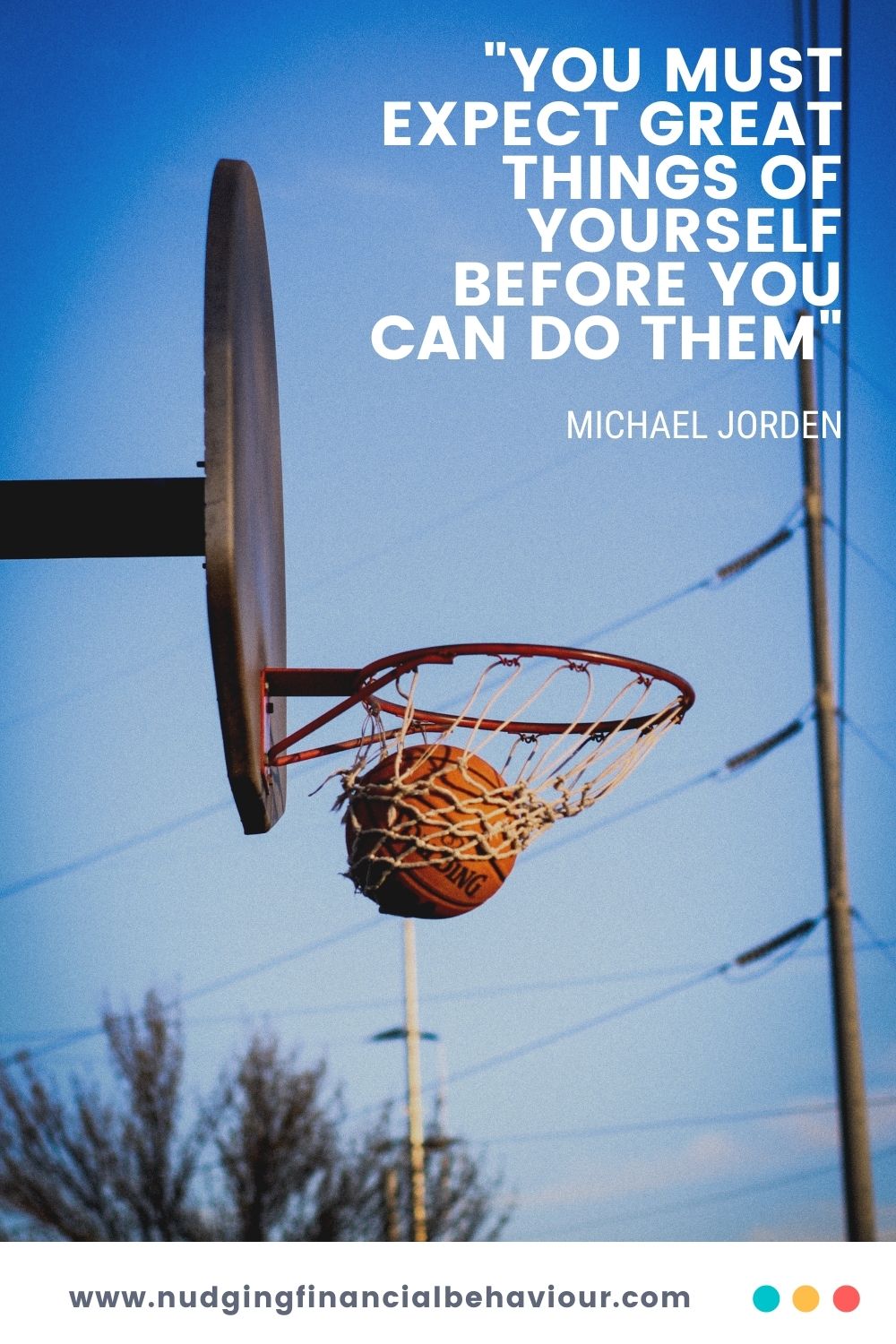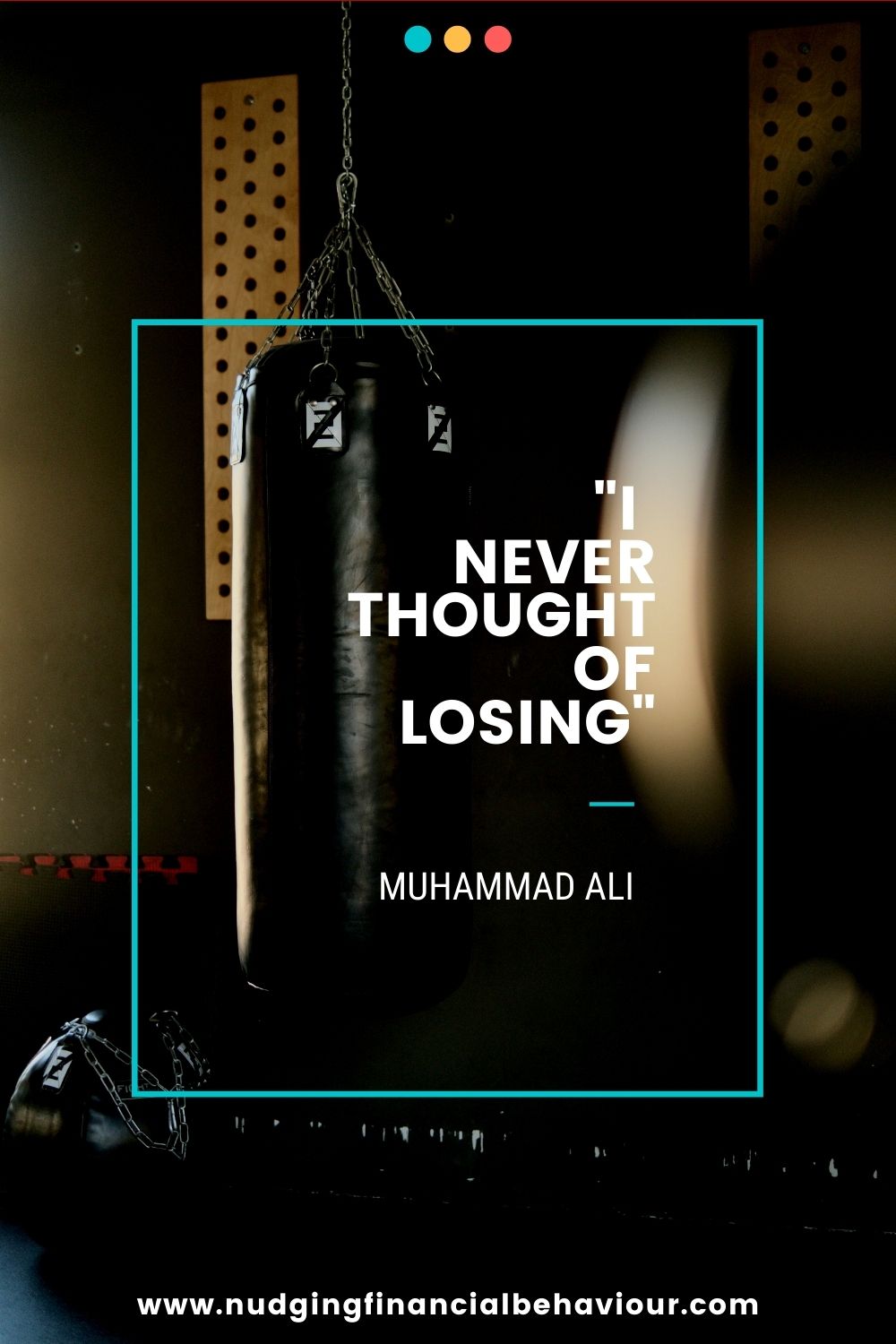In this post, we’re diving into the first of our biases in season 1 of the Nudging Financial Behaviour podcast – overconfidence. To help with the discussion, we’ll be chatting to academic and cognitive scientist, Philip Fernbach. He has some valuable insight to help us steer clear of excessive trading and being an overconfident investor.
One of the pitfalls we spoke about in a previous post was irrational behaviour and overconfidence in decision making. So, we thought this would be a good place to start this deeper look into biases within behavioral finance
You can choose to continue reading, or you can watch this episode on our YouTube channel or you can listen to it on your favourite podcast platform. Pick one and feel free to share with others.
First off, there’s nothing wrong with being confident. But we need to be careful of being overconfident with our trading and investment decisions. We need to be mindful of trading volume with this bias – otherwise we could make some very bad decisions in the stock market.
We’ve unpacked some of the technical details of overconfidence previously. Feel free to check out a previous post on this. As a reminder, there are 2 parts to overconfidence bias:
This is why some investors may choose to buy a large number of shares in the company they work for, because they feel they have more influence and control over how the company performs.
The illusion of control infiltrate’s our lives in many ways. There are studies that show how people are willing to pay more for a lottery ticket if they get to choose the numbers themselves, rather than if the numbers are chosen at random by a computer.
Note that we’re not saying that confidence is a bad thing. However, there is a difference between confidence and overconfidence.
It can be a fine line to walk sometimes. You need to be confident in your abilities in order to achieve your goals. Michael Jordan is quoted as saying that “you must expect great things of yourself before you can do them”. Muhammed Ali claims that he “never thought of losing”. The thing with these two sportsmen is that they did the hard work to turn their talents into something worth being confident about.


The problem though, is that as you get better at achieving those goals, you can start to creep into the territory of being overconfident. And, I’m sorry to say men, overconfidence is far more pronounced in your gender than it is in women. Not that women can’t be overconfident… we definitely don’t want to start a gender war here!
When assessing skills, there’s another bias to take into account – it’s known as the self-attribution bias. This is where we take the credit for things going well, and we pass the buck or say we were unlucky when they don’t. Let’s think about how that impacts your investing and trading decisions.
When a trade goes badly in the markets… why was that? Was it the market? Elon Musk’s twitter account? OR did you maybe make a bad choice which resulted in a loss?
And when a trade goes well… That was obviously you, right? Not that unexpected profit announcement? It’s just human nature.
The best thing you can learn to do is to take ownership of your mistakes. That’s the only way we learn and improve.
We had a quick chat with Professor Philip Fernbach, Professor of marketing in the Leeds School of Business at the University of Colorado, Boulder, and co-director of the Center for Research on Consumer Financial Decision Making. He’s a cognitive scientist. And we asked him to explain to us what that means exactly.
Cognitive science is the interdisciplinary study of the mind. So it encompasses many different fields, all with the common goal of understanding how the mind and the brain works and how we think. So it includes fields like psychology, neuroscience, computer science, philosophy, linguistics… The mind is the most complicated thing we’re aware of in the universe. So it takes a village to study it.
The reason we got in touch with Philip is because he has written and published a lot of work on overconfidence with individual investors, and how people think they know more than they do. One particular journal paper entitled: “Investor memory of past performance is positively biased and predicts overconfidence” shows us that we can’t really and shouldn’t really trust our memories. We asked him to tell us a bit more about this research that he did?
This paper looks specifically at the idea of memory bias as one of the causes of overconfidence. And we looked at this specifically in the context of investing. The idea of memory bias is that sometimes our memories are flawed and we remember the good stuff but kind of forget the bad stuff.
That’s one reason that investors tend to be overconfident is because they have a proclivity to remember their winning trades and forget their losing trades. That’s what we demonstrated in this paper.
Really interesting results from that research! From that economic model on overconfident investors and his experience as a cognitive scientist, he also gave us some recommendations for how we can recognise overconfidence and excessive trading , and overcome it in our investing decisions.
The best way to avoid this bias is to actually look at the history of your performance. Have an awareness of what it actually looks like because your memory is by its nature going to throw away bad outcomes and remember the good outcomes. You can’t really rely and trust your memory to give you a good indication of how well you’ve done.
Actually go and look at the data as opposed to just trusting your memory in terms of how well you’ve done in the past.
It’s really interesting to see how overconfidence can be related to our memories and how we have a tendency to only remember the good things. That can’t help us to be fully rational in assessing risk vs value. We’ve got to be careful of those rose-tinted glasses!
Now, we know it can be quite difficult to confront truths about ourselves, especially when we realise that these biases are traps that are so easy to fall into. Just remember, it’s human nature and we’re allowed to be confident. We’re meant to be confident!
So, that’s it for our deep dive into overconfidence bias. In the next episode, we’ll be looking at confirmation bias – see you there.
Narrow framing – Narrow framing, the compromise effect, glossing, and the enabling frame. We need frames to make sense of the world. But they cause problems.
The anchored trader – Anchors tie us down and can have serious consequences for investors and traders. Don’t be the anchored trader.
Let us know in the comments below.
All rights reserved.
I am passionate about helping people understand their behaviour with money and gently nudging them to spend less and save more. I have several academic journal publications on investor behaviour, financial literacy and personal finance, and perfectly understand the biases that influence how we manage our money. This blog is where I break down those ideas and share my thinking. I’ll try to cover relevant topics that my readers bring to my attention. Please read, share, and comment. That’s how we spread knowledge and help both ourselves and others to become in control of our financial situations.

Dr Gizelle Willows
PhD and NRF-rating in Behavioural Finance
Receive gentle nudges from us:
[user_registration_form id=”8641″]
“Essentially, all models are wrong, but some are useful.” – George E.P. Box
